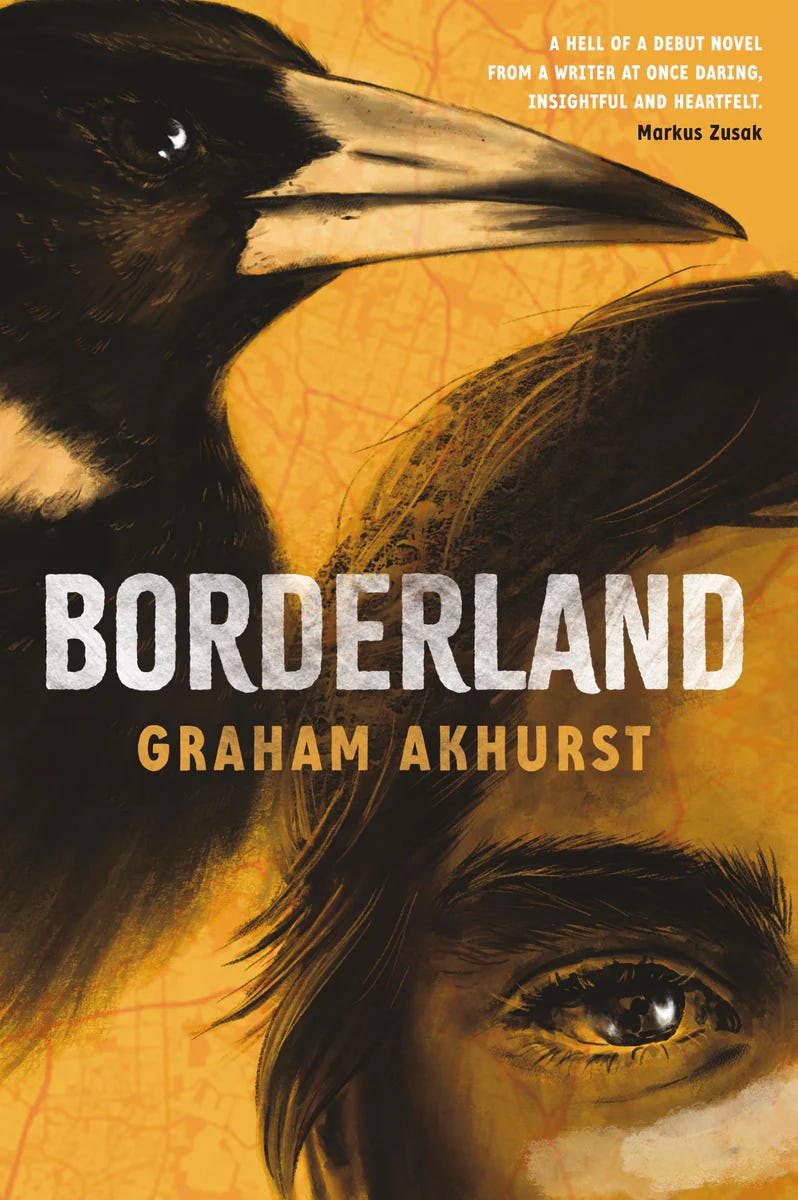Dear Reader,
I’m anticipating that this newsletter will come out like a terrible charcuterie board, a mess of contradictory snacks arranged by a drunk flamingo — maybe that’s the vibe of all my end-of-the-month nutshells, maybe you enjoy my terrible charcuterie boards.
Anyway, let’s talk about colonialism.
Borderland by Graham Akhurst
After the failure of the referendum this month, the Australian Constitution remains the only constitution of a first world nation with a colonial history that does not recognise its first people. The No campaign even had the audacity to say that there are no negative ongoing impacts of British colonisation on Indigenous Australians.
Here are some stories I loved and learnt from this month that contradict that.
Graham Akhurst is a Kokomini writer and Borderland is his debut YA novel, published by UWA (University of Western Australia) Publishing. It’s a wholehearted, tightly-written story about an Indigenous teenage boy who doesn’t know who his people are. Style-wise it’s got a clarity and brevity that will reach the intended readership, the pace is good and Akhurst takes the teenage reader around every bend in the story with care. The horror gothic elements are cleverly appointed. It’s a mature book with a lot of adult characters, but also a tender book that always centres Jono, a recent school-leaver who struggles with anxiety, is in love for the first time, and worries about his mum.
From there I finally picked up a book that I’d bought during one of those award fevers and then left to get dusty on my TBR shelf for three years . . . The Yield by Tara June Winch, a Wiradjuri writer (winner of the Miles Franklin, Voss, and Prime Minister’s Awards). This is beautiful writing split three ways: a young woman called August who has been living in the UK but returns to her homeland when her beloved grandfather Albert Gondiwindi dies; Albert’s brilliant dictionary of Wiradjuri language through which he weaves the story of his life; and letters of the Reverend Greenleaf who ran a mission in the late nineteenth century.
People always like to tell me which character they liked reading about most in my six-way YA novel, and I enjoy hearing that they’ve formed a particular attachment, but writing a split narrative is risky — there will always be readers who say I wish the story was just from the point-of-view of X and it can sometimes mean a rejection of a significant part of how you told the story. But The Yield is all of its parts, and it’s a generous novel in every way.
A bit of telly now. I watched the documentary Harley & Katya directed by Selina Miles (Netflix and ABCiView). I didn’t breathe easily for any of it but don’t let that put you off — it’s about figure-skating and I tensed up every time Harley threw Katya into the air. This is a beautifully made, tragic story about two talented, determined athletes. Harley is Indigenous, descended from Weilwyn, Gamilaraay and Ngarrable people, as well as Swedish, and his partner for several years was Ekaterina Alexandrovskaya, or Katya, originally from Moscow. Trailer here.
And finally I watched The English, another story rich with the brutality and complications of colonialism, but this one set in America in 1890. Emily Blunt plays an aristocratic white woman on a revenge mission, and Chaske Spencer plays a Pawnee scout who has served in the United States army and now wants to find a small patch of his homeland where he can have some peace after a lifetime of violence and loss. It’s overwhelmingly beautiful, often difficult to watch, tense, tender, with a spare script and so much plot that sometimes it felt like there wasn’t enough time to think more deeply about what was happening and why. But it certainly leaves an impression, and the performances are fantastic.
Yawp!
This month in The Saturday Paper there was an article about children’s books. Unfortunately, it wasn’t good. And it really was unfortunate because that newspaper, like most Australian newspapers, spends year after year ignoring children’s literature. To commission someone who hasn’t read very much children’s literature lately was a slap in the face. I yawped about it on Twitter, which was predictable, and proved at least in social media terms that people who know a lot about and care a lot about children’s literature agreed that the article was poor and that the state of mainstream media support for children’s literature is at an all-time low.
Now what? We’ve established that children’s books rarely get a look in unless you’re a celebrity, or that other kind of celebrity, a writer of fiction who decides to dabble in kidlit for a change. We’re also dealing with reduced funding, space and priority for school libraries and librarians. We’re battling screen-addiction, a decline in reading for pleasure, book bans, and AI theft. It is not too much to ask that newspapers make space for experts to review or provide insightful commentary on the wonderful books the industry is still managing to produce despite this laughably unsupportive climate.
To understand how unsupportive, listen to Your Kids Next Read episode 120, We Have Some Thoughts, in which they refer to a literary awards host who put on a baby voice for the children’s literature awards, among other obnoxious slights.
End of Yawp!
On the topic of A.I., briefly, if this is something you’re concerned about you may feel a whisper of delicious revenge when you read about Nightshade, a tool created by a research team at the University of Chicago that allows users to corrupt A.I. training data by adding invisible pixels to artwork. Now all we need to do is add invisible data poison to all of our writing, and sue the A.I. developers for what they’ve already stolen. This should all be sorted out by next Tuesday.
This month on Voracious . . .
For paid subscribers:
I answered a subscriber question about choosing character names in Minis #3 The Conundrums of Naming Characters.
I got confessional for the third piece in my mistakes series: 5 Mistakes I've Made as a Writer #3: I wrote the book they wanted.
For everyone:
I unlocked a sample podcast episode in time for Halloween. Psst! I’ve Released The Ghosts! is 8 minutes of me talking about the spate of ghostly middle-grade tales that came out last year, and some new ones that prove the trend continues.
I wrote a piece on the un-naming of The Kate Greenaway Medal for Illustration, now called the Yoto Carnegie Medal for Illustration. What Did They Do To Deserve That? Questions about the naming and changing of literary awards.
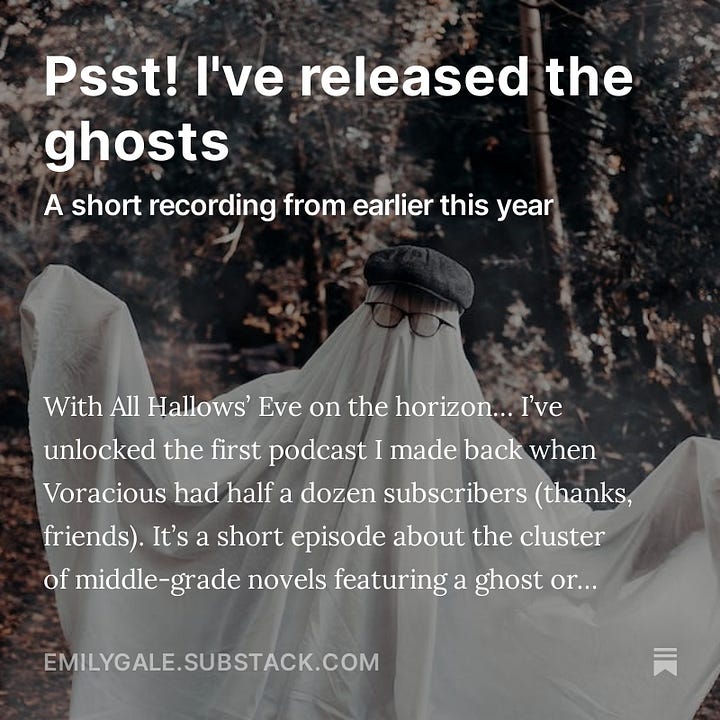
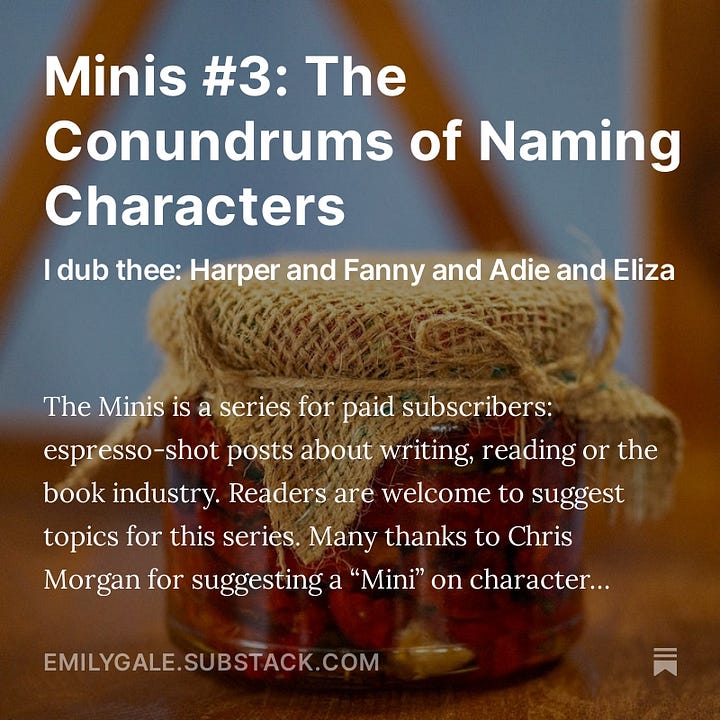
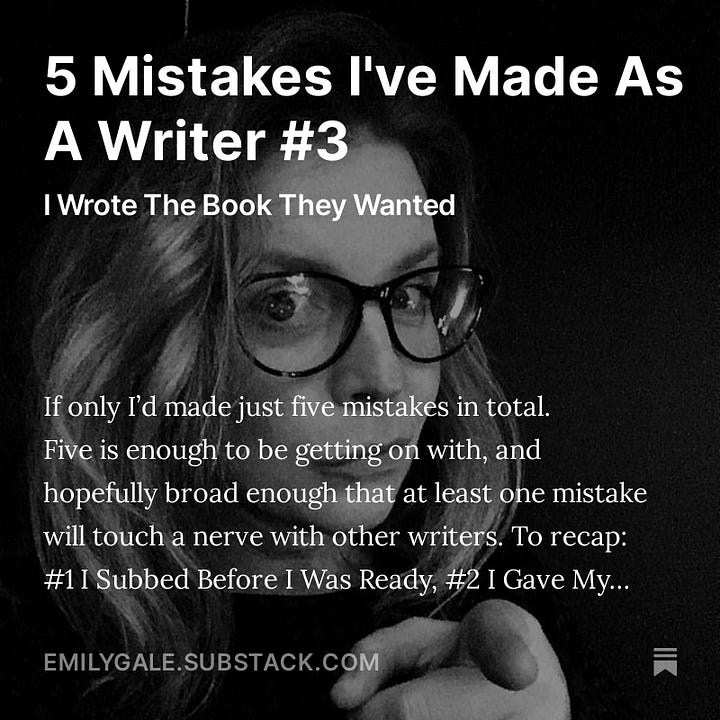
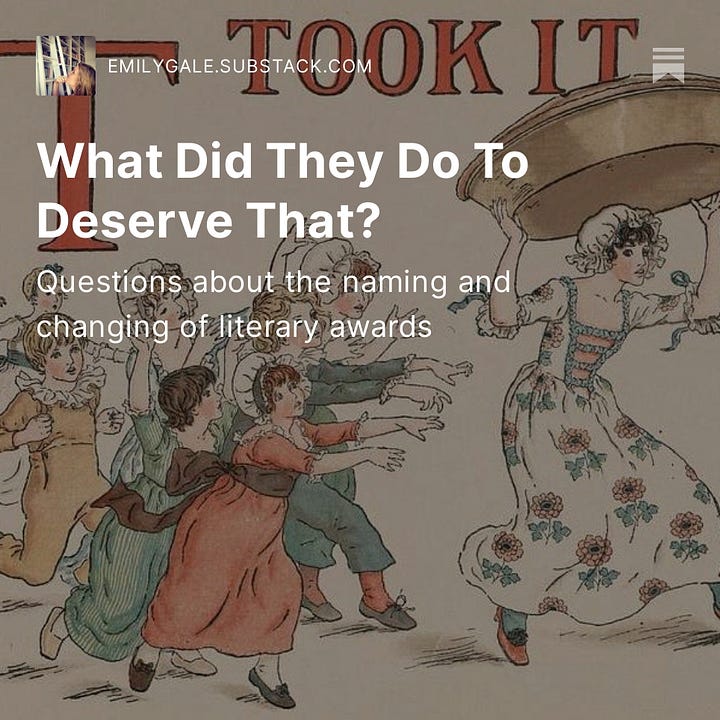
Before I go, a reminder that as well as being a newsletter that arrives by email, Voracious is a site where you can explore all the pieces I’ve written this year (and/or download the Substack app). My pieces are divided by theme, and while some are locked because they’re for the paid subscription package ($5 per month), all the nutshells and some select pieces are open to all.
Comments or requests are always welcome. And thank you for reading Voracious.
Goodbye October, here’s to November. X





